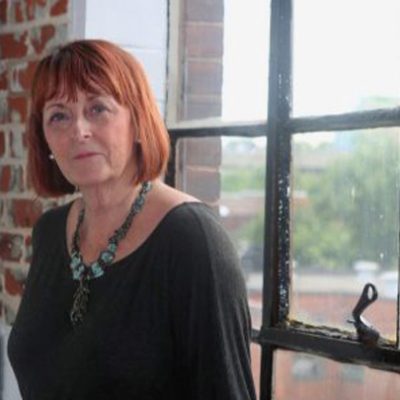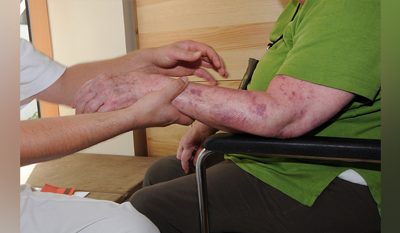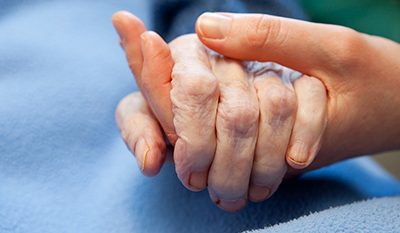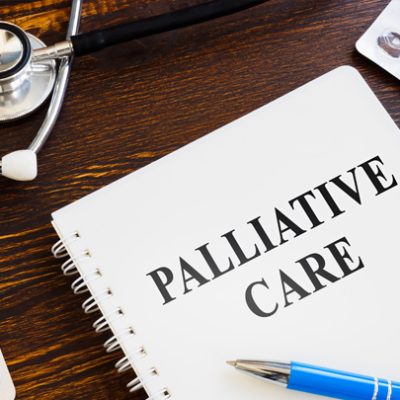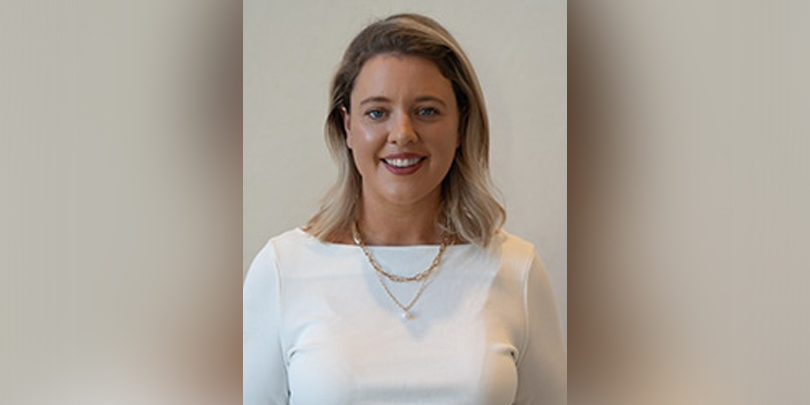
National Palliative Care Week (May 19-25) provides an important opportunity to raise awareness about palliative care, in particular the top-quality physical and spiritual care offered by Catholic providers all over Australia, writes Bridget Meney. Source: Catholic Health Australia.
Most Australians don’t regularly think about the end of their lives. In many ways this is to be expected. Life already has too many stresses and pressures without adding one’s own death to the list.
Unfortunately, the result is a lack of knowledge about what end-of-life healthcare options are available and how to access them. And the consequences of this on us, our loved ones, and society can be significant.
Palliative care is not just about pain relief in the last few weeks of life. When it’s delivered well, it’s about supporting people who are dying to actually “live”.
And if it is made accessible earlier rather than later to those in need, although a sometimes confronting personal reckoning about our mortality, it can provide comfort and reassurance for years.
Catholic providers – many who have chosen to specialise in leading, quality palliative care – support patients and their loved ones through every step of their treatment.
About 100,000 Australians access palliative care each year – and this number is set to significantly increase as the baby boomer generation ages.
The problem, however, is that government funding is not keeping pace with need, and innovative new models for delivering this care optimally aren’t well supported by Government and policy.
Without quality and accessible palliative care, there is a real risk that some patients decide to explore the option of ending their own lives when they may not otherwise have done so.
This is exacerbated by the complete mismatch between the accessibility of voluntary assisted dying and palliative care. Patients can obtain VAD approval in the space of a few days while entering palliative care requires navigating a regulatory minefield.
It shouldn’t be vastly easier to die than it is to live a little longer with the comfort and dignity that a universal health system promises.
Brigid Meney is Catholic Health Australia’s director of mission.
FULL STORY
Governments must invest more in palliative care (Catholic Health Australia)



